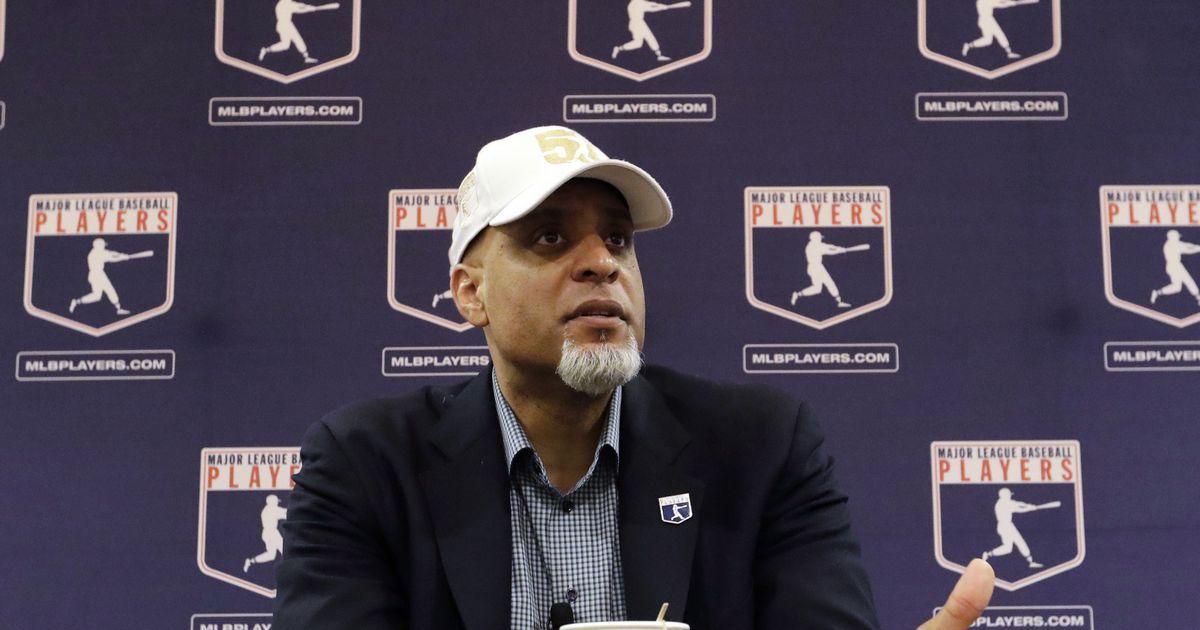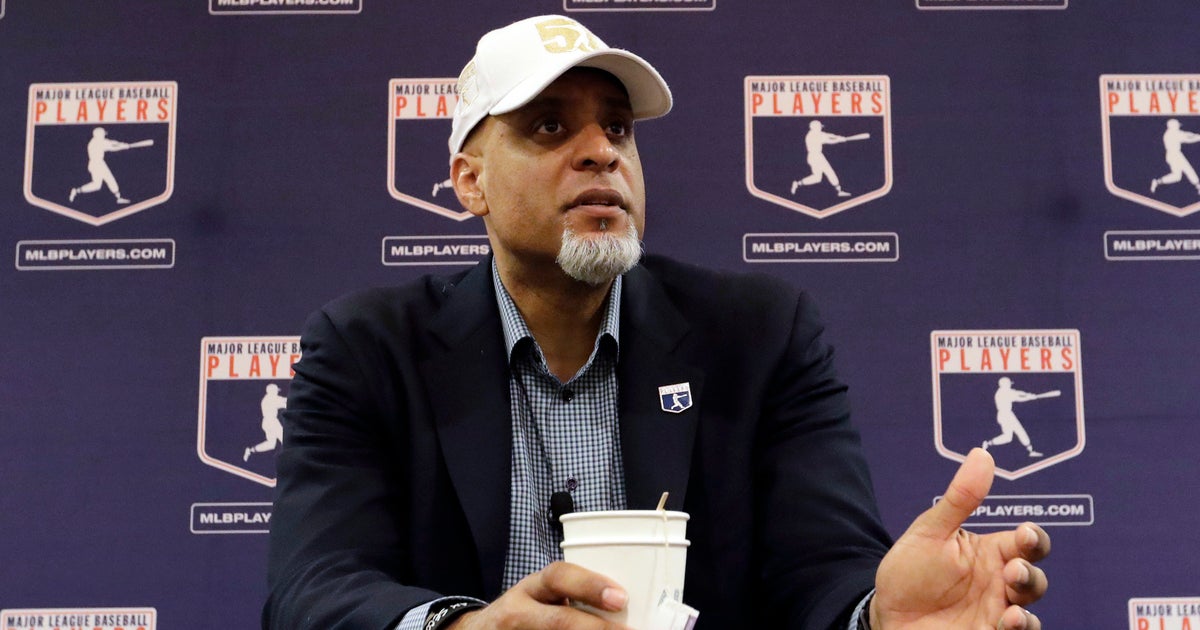AP source: Players’ board rejects 60-game season by 33-5


NEW YORK (AP) — The executive board of the Major League Baseball Players Association rejected a proposed 60-game schedule by a 33-5 vote, daring Commissioner Rob Manfred to give a unilateral order for the regular season’s start and provoke what figures to be lengthy and costly litigation over the impact of the coronavirus.
The union’s vote was confirmed by a person familiar with the meeting who spoke to The Associated Press on condition of anonymity because the balloting was not made public.
The union said in a statement that the “board reaffirmed the players’ eagerness to return to work as soon and as safely as possible.”
“To that end we anticipate finalizing a comprehensive set of health and safety protocols with Major League Baseball in the coming days, and we await word from the league on the resumption of spring training camps and a proposed 2020 schedule,” the union said.
Manfred was expected to take the next step later Monday as baseball descends into the type of labor strife that led to eight work stoppages from 1972-95.
With the collapse of a negotiated deal, playoffs are set to remain at 10 teams rather than expand to 16, and the proposed expansion of the designated hitter to games involving NL teams would be off. Also falling through for now is a planned experiment that would have had a runner start each extra inning on second base.
Spring training was suspended on March 12, two weeks ahead of scheduled openers, and the sides have reverted to the familiar financial infighting that fractured the sport in the past. An initial deal March 26 called for players to receive prorated salaries, but that agreement did not require MLB to play in empty ballparks.
Players refused to alter from their insistence on prorated salaries, and MLB finally agreed last week during a meeting between Manfred and union head Tony Clark. But the sides remained about $275 million apart after weeks of talks. MLB offered 60 games and $1.48 billion from salaries that originally totaled $4 billion, plus a $25 million postseason players’ pool. The union wanted 70 games and $1.73 billion plus a $50 million pool.
Players are expected to file a grievance, claiming MLB violated a provision in the March agreement requiring both sides to “work in good faith to as soon as is practicable commence play, and complete the fullest 2020 championship season and postseason that is economically feasible” consistent with several provisions. MLB is expected to file a grievance accusing the union of negotiating in bad faith.
All the while, the coronavirus upended plans of many teams to resume training at their Florida facilities due to a rise in virus cases in the state. Twenty-nine teams intend to work out in their regular-season ballparks, with Toronto awaiting additional talks with the Canadian federal and Ontario provincial governments.
More bickering and turmoil lies ahead. Baseball’s collective bargaining agreement expires on Dec. 1, 2021, and the virus damaged the already deteriorated relationship and became just another of the financial issues that point toward a spring training lockout ahead of the 2022 season.
This dispute has played out following five straight years of relatively flat salaries, a failed grievance alleging the Chicago Cubs manipulated the service time of Kris Bryant to delay the free agency of the star third baseman and accusations teams failed to use revenue sharing money properly, part of the union’s claim teams are “tanking.”
MLB says clubs have the right to determine when prospects are ready for the majors and also are free to lower payrolls for rebuilding.
Further, the failed negotiations sparked criticism of Clark and chief negotiator Bruce Meyer by agents, though there is no evidence yet that the displeasure has extended to players.
Until now, the latest openers have been was May 1 during five seasons in the 1800s, according to Elias Sports, but since 1900 it had been April 25 following the end of the 1994-95 strike. Players interrupted the 1981 season with a strike that started June 12, and the second half of a split season started on Aug. 10.







